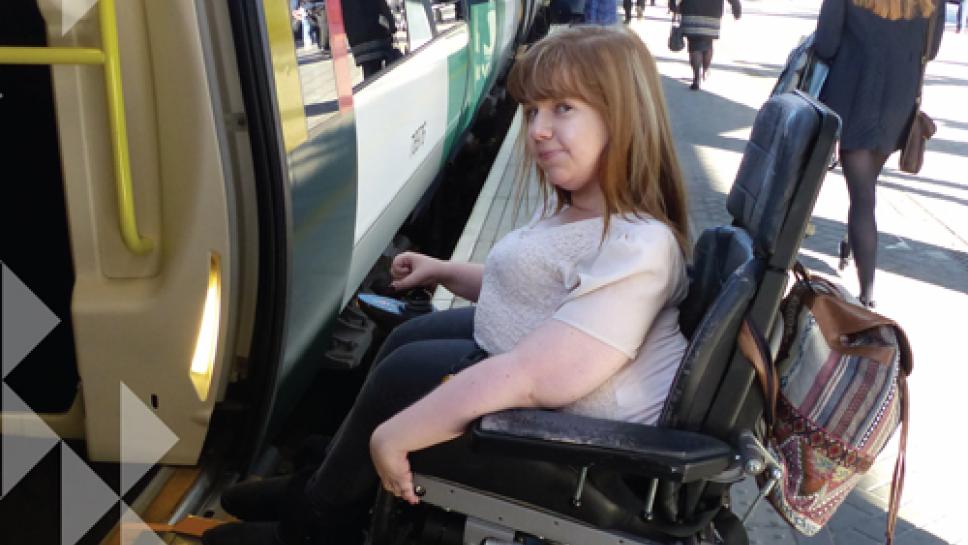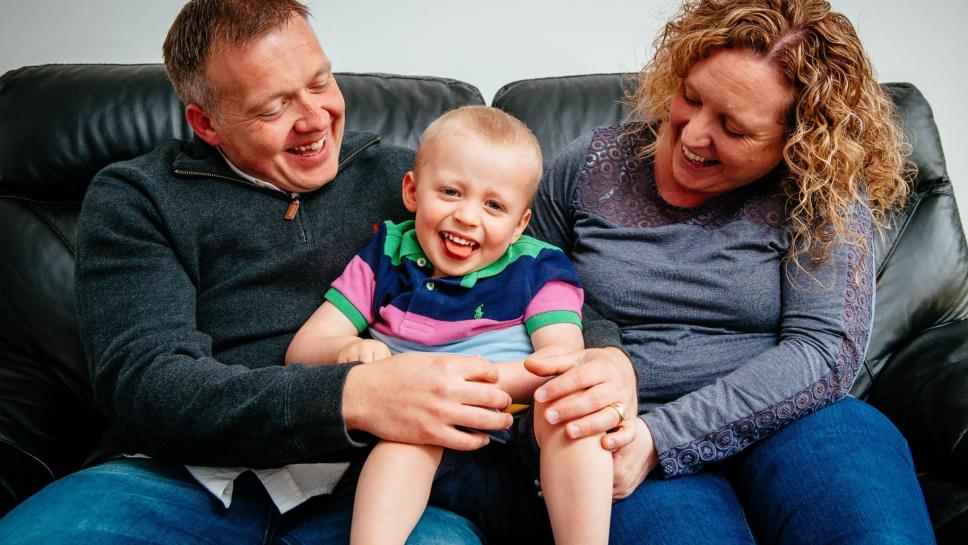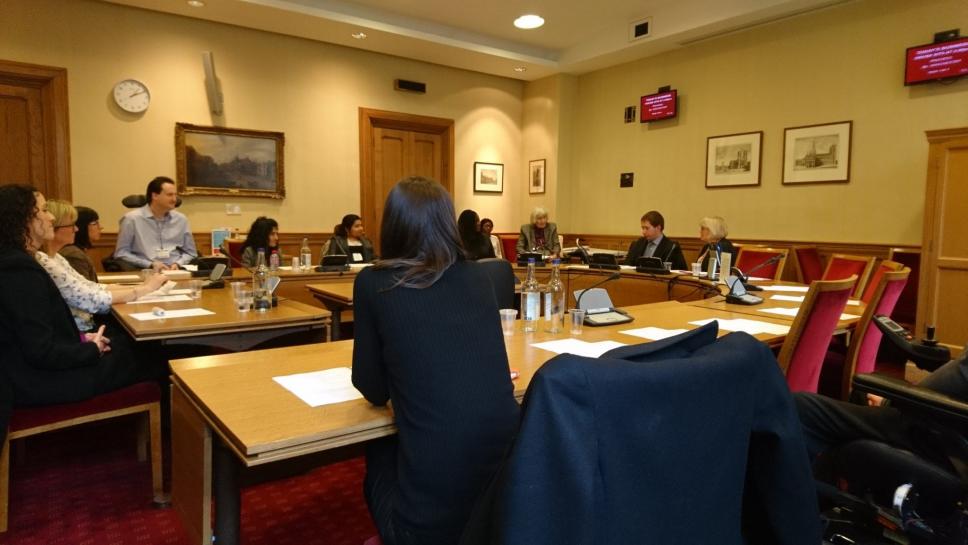UPDATE (18/09/18): The researchers are still looking for volunteers for this study and have also announced they are recruiting for a biomarker study - read more about that study here.
We would like to inform you of a new clinical trial at Cambridge University Hospital for individuals with mitochondrial disease.
This study will investigate whether a type of B vitamin, Nicotinamide Riboside, is beneficial for individuals with mitochondrial disease. Preclinical research showed that the vitamin increased the number of mitochondria in mouse models, which led to an improvement in symptoms.
To take part, you need to be between 18 and 70 years old and have a diagnosis of progressive external ophthalmoplegia (PEO) and exercise intolerance/fatigue, caused by a single mitochondrial DNA mutation. Individuals who have mitochondrial disease caused by a specific mitochondrial DNA mutation (m.3243A>G) will also be eligible to take part.
If you would like further information or are interested in taking part, please contact Sarah Bird (sc921@medschl.cam.ac.uk ) or Zoe McIntyre (zm276@medschl.cam.ac.uk ) or call 01223331506.
Further Information
View the study information sheet
Latest news on mitochondrial disease








